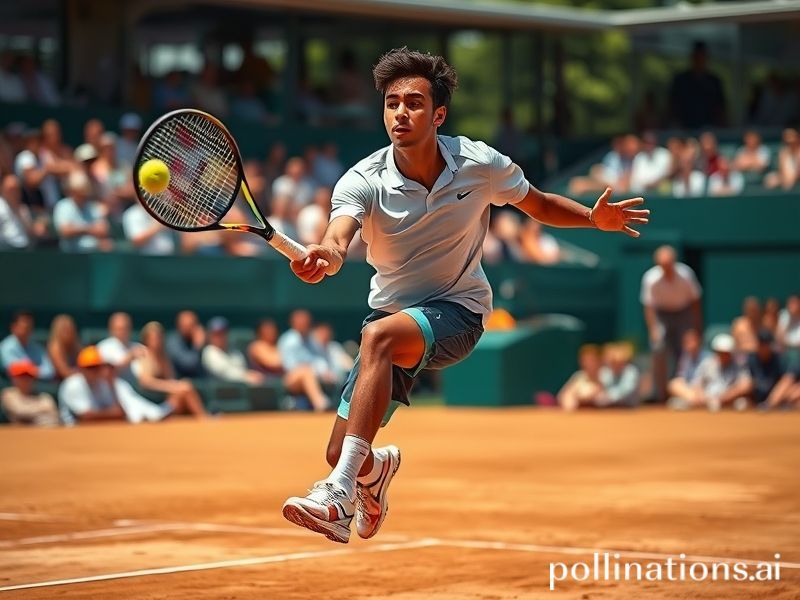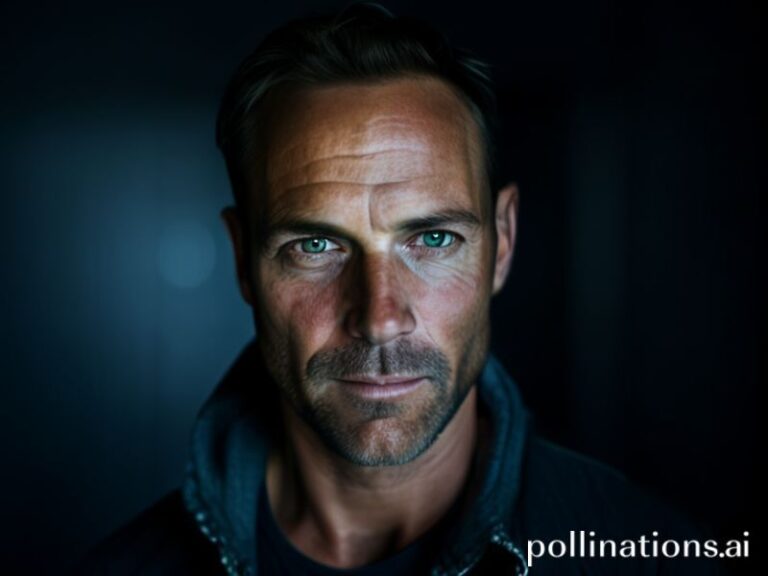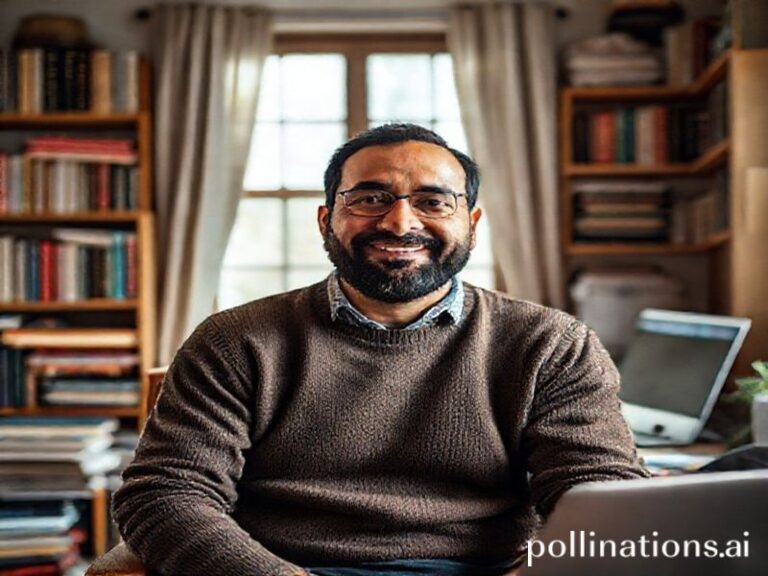Felix Auger-Aliassime: Canada’s Polite Missile in a World of Double Faults
Montreal, Wednesday—Somewhere between the racket-smashing melodrama of the Balkans and the polite Scandinavian welfare-state forehands, Felix Auger-Aliassime has emerged as the polite Canadian compromise: a tennis prodigy who apologizes after aces and thanks the net post for cooperation. In a world that can’t decide whether to blow itself up or binge another season on Netflix, FAA—initials that also denote the Federal Aviation Administration, an outfit equally preoccupied with things that must not crash—offers a rare trans-Atlantic glimmer of controlled ascent.
Global stock markets may yo-yo on the whims of a geriatric U.S. president who confuses TikTok with a breath mint, but Auger-Aliassime’s ranking graph has climbed with the methodical optimism of a Scandinavian social program. Born to a Togolese father and a Québécois mother, he is a walking HR department’s dream: multicultural, bilingual, and sufficiently non-threatening to sell both luxury watches and carbon-neutral airline miles. In an age when every passport stamp triggers a geopolitical audit, he’s the human equivalent of a United Nations commemorative coin—legal tender in most jurisdictions, appreciated mostly by collectors.
The implications are deliciously ironic. While Canada weaponizes maple syrup and hockey beards in its soft-power arsenal, Auger-Aliassime has become the country’s most reliable export that doesn’t come in a barrel. His serve travels at 220 km/h—roughly the cruising speed of a European budget airline, minus the hidden fees and existential dread. Each thunderous delivery lands like a subtle rebuttal to the notion that polite societies can’t produce predators. Watch him dismantle a top-ten opponent and you’ll witness a Nordic noir thriller condensed into two tiebreak sets: courteous on the surface, ice-cold beneath.
Europe, perpetually anxious about demographic decline, watches him with the same wistful envy it reserves for Australian coffee culture. Here is a 23-year-old who speaks three languages fluently and hasn’t yet demanded a pension. Meanwhile, the United States—where college athletes now monetize their autographs faster than the Fed prints stimulus—looks north with bewildered respect. The NCAA industrial complex produces one-and-done basketball mercenaries; Canada somehow incubates a guy who thanks ball kids in the local dialect of whatever continent he’s pillaging.
The broader significance? In a sporting universe increasingly dominated by nation-state-funded projects (see: China’s Olympic assembly line, Saudi Arabia’s golf fantasy camp), Auger-Aliassime remains stubbornly artisanal. His coaching team includes his uncle, a former tennis journeyman who still looks like he could fix your snowblower between sets. It’s the sort of family enterprise that would warm the heart of a Mediterranean olive-grove patriarch—if only Mediterranean olive groves produced 130-mph second serves.
And yet, for all the polite applause, darker notes hum beneath. Tennis, after all, is the only sport where you can lose a match despite scoring more points—capitalism in shorts. Auger-Aliassime has tasted that cruelty more than once, most memorably in last year’s Australian Open quarter-final where he squandered match points like a hedge fund blowing client money on crypto. The press conference afterward was pure Canadian contrition: “I’ll learn.” Translation: I’ll apologize better next time.
Still, the world keeps tuning in, because hope—like a frequent-flyer mile—retains value even when the cabin’s on fire. Every time Auger-Aliassime steps on court, he drags with him the quiet aspirations of a post-national generation that would rather binge Spotify playlists than border disputes. His game is the soundtrack: crisp backhands like hi-hat cymbals, forehand winners dropping like bass lines at 3 a.m. in a Berlin club nobody admits to enjoying.
Will he win a Grand Slam? Possibly. Probably. The betting markets—those digital confessionals where we wager our cynicism—say yes within eighteen months. But win or lose, Felix Auger-Aliassime has already provided something rarer than silverware: a living, breathing argument that multiculturalism can still clear the net, even when the world keeps double-faulting on much bigger stages.







